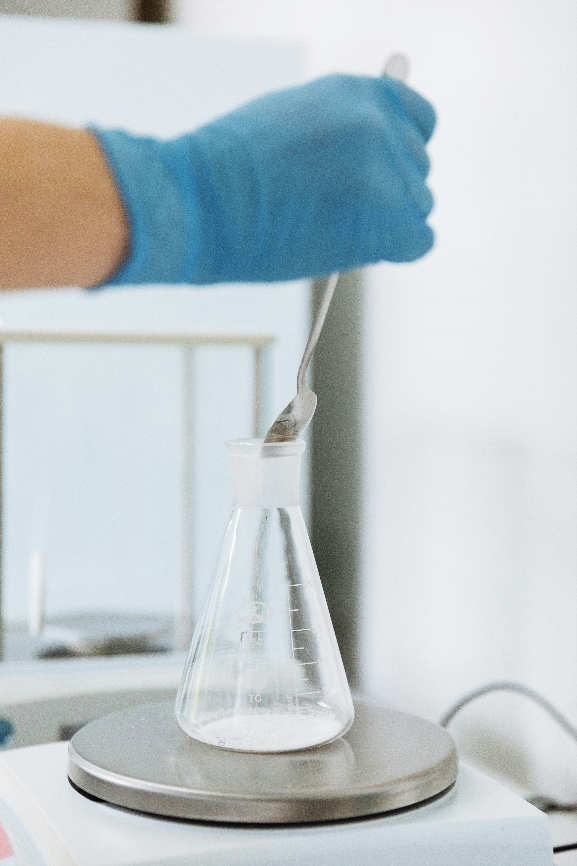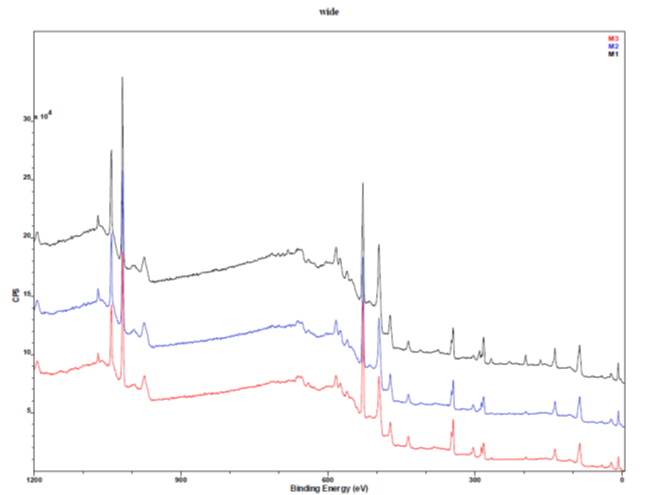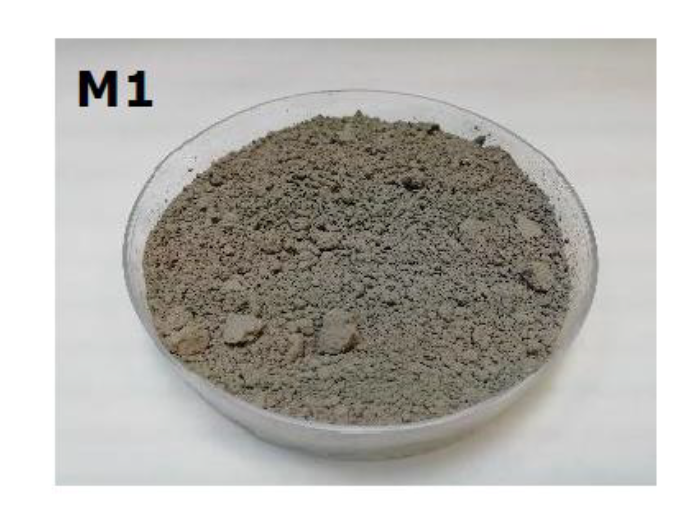What was the challenge or problem to be solved?
One of the great challenges in industrial processes is not only to guarantee the quality of the final product, but also to efficiently manage the waste generated during its manufacture. In this project, developed by INFINITIA’s Materials Innovation team, the need to control industrial waste and identify the hazardous nature of certain components arose.
This challenge focused on the responsible management of industrial waste, in order to avoid the generation of substances that could pose a risk to the environment or to health. Our client had already applied several treatments to its waste to prevent the formation of hazardous compounds. However, he needed a detailed analysis to check whether these treatments were really effective and thus help the client to choose the best management strategy.

How was it addressed or what was the solution?
To address this challenge, the INFINITIA team began by conducting a detailed literature review, using specialised academic databases. The purpose of this phase was to identify the elements present in the waste generated by the client, as well as the possible oxidation routes that could generate hazardous compounds. This information was essential to understand the potential compounds and ways to prevent their occurrence.
The X-ray photoelectron spectroscopy (XPS) technique was then used to analyse the chemical environment of the elements of interest in the waste. This technique made it possible to accurately identify the oxidation states of the elements after the treatments applied. Thanks to this analysis, the team was able to properly classify the compounds generated, determining whether they could be considered hazardous or not.
The success of the project lay in the selection of the most appropriate treatment for the waste, thus avoiding the formation of hazardous compounds. As a result, the client not only complied with current waste management regulations, but also managed to reduce the hazardousness of the waste, contributing to safer and more sustainable waste management.


